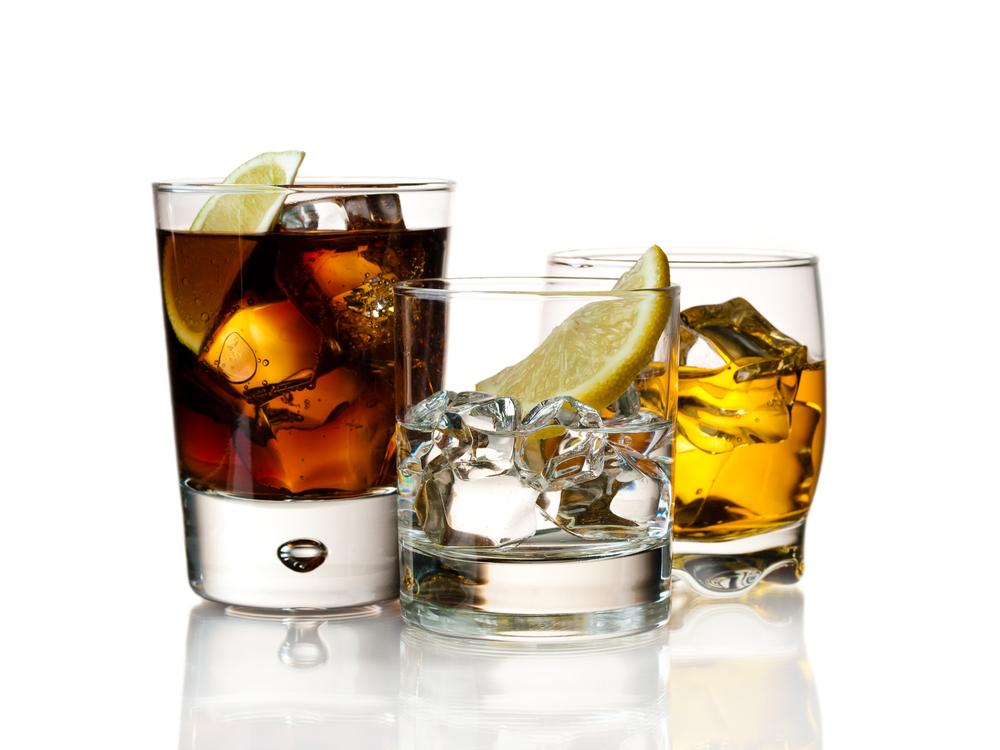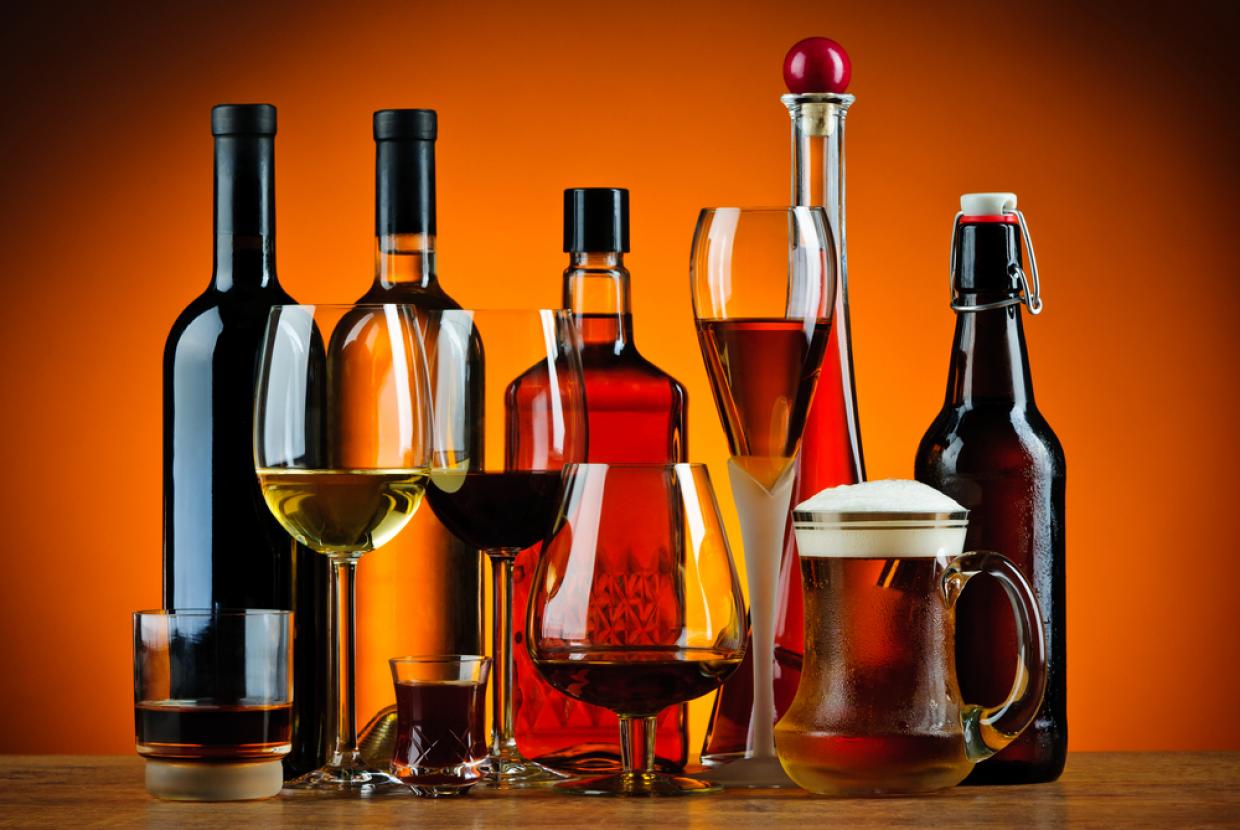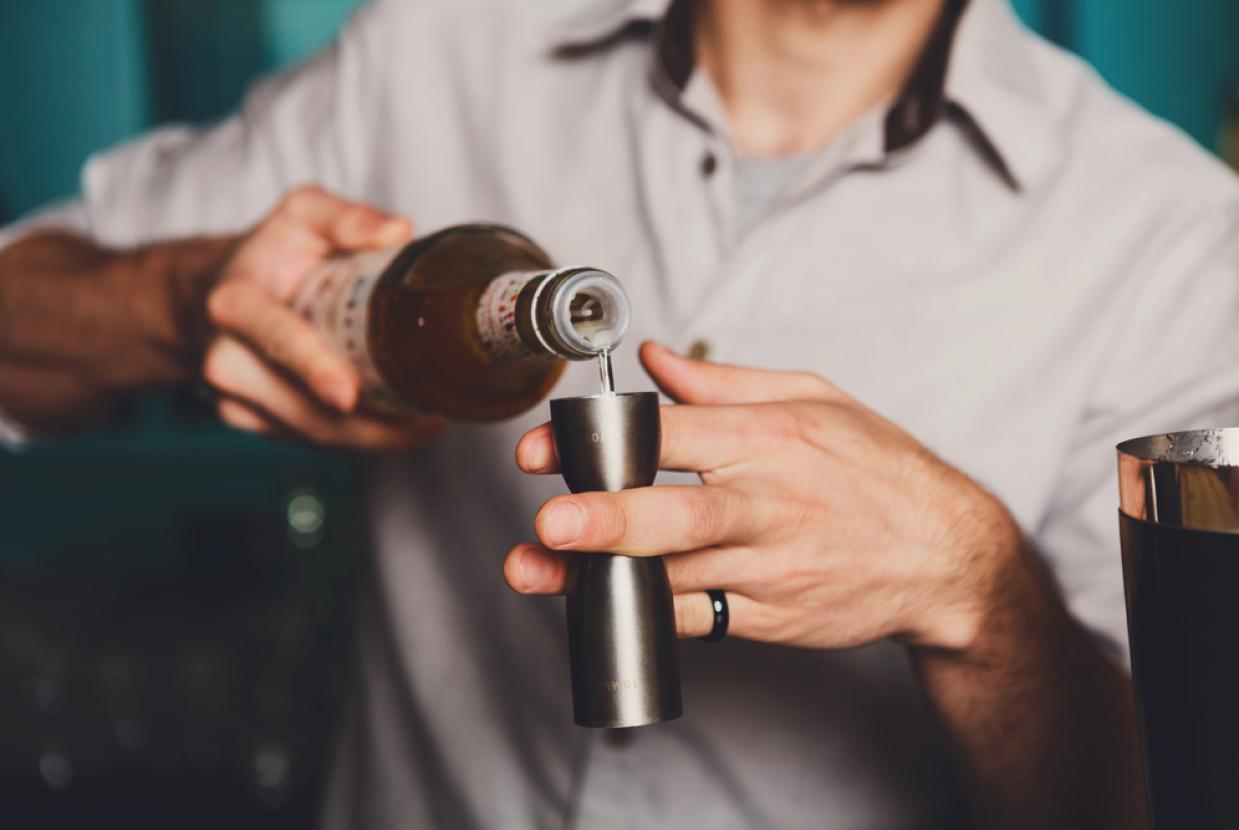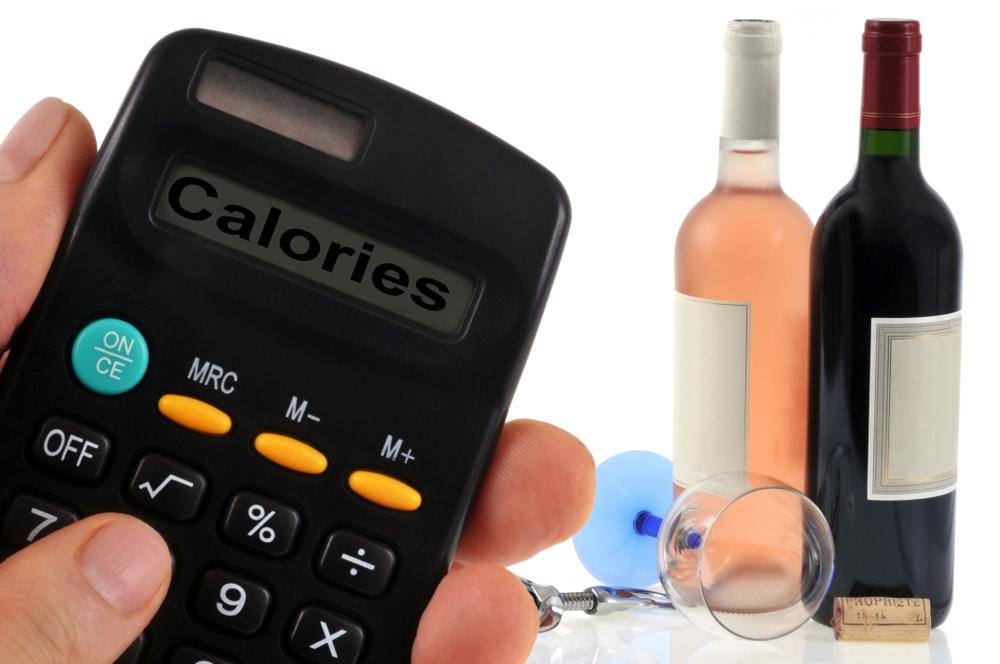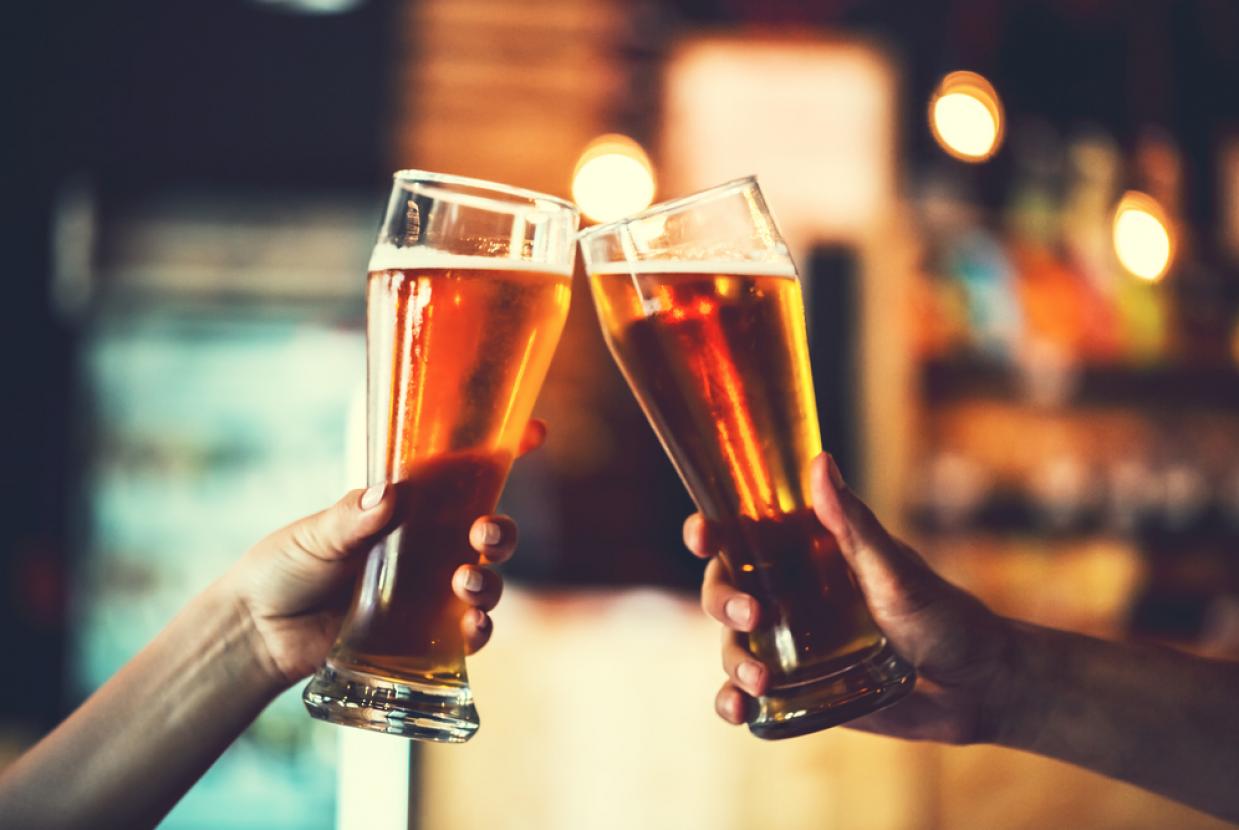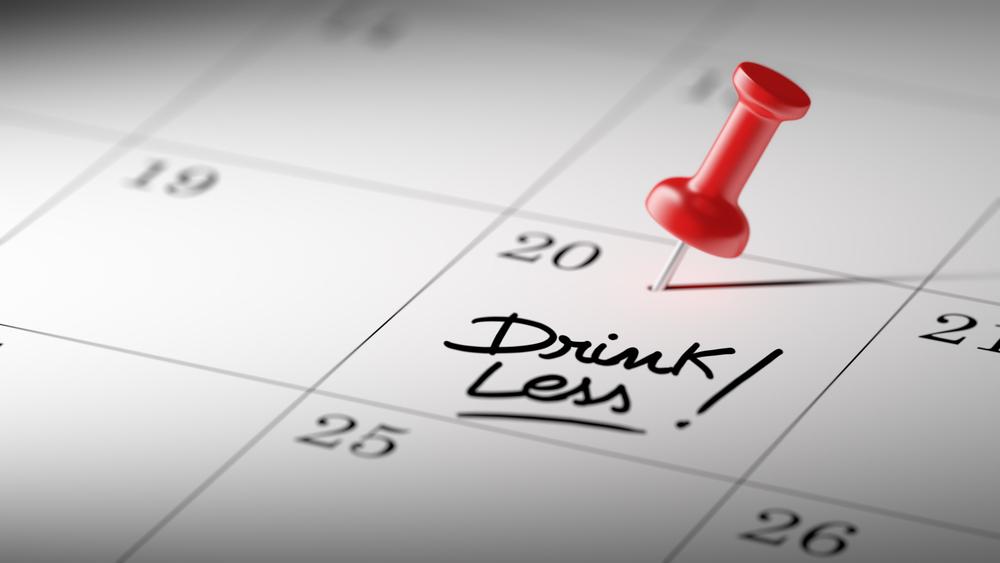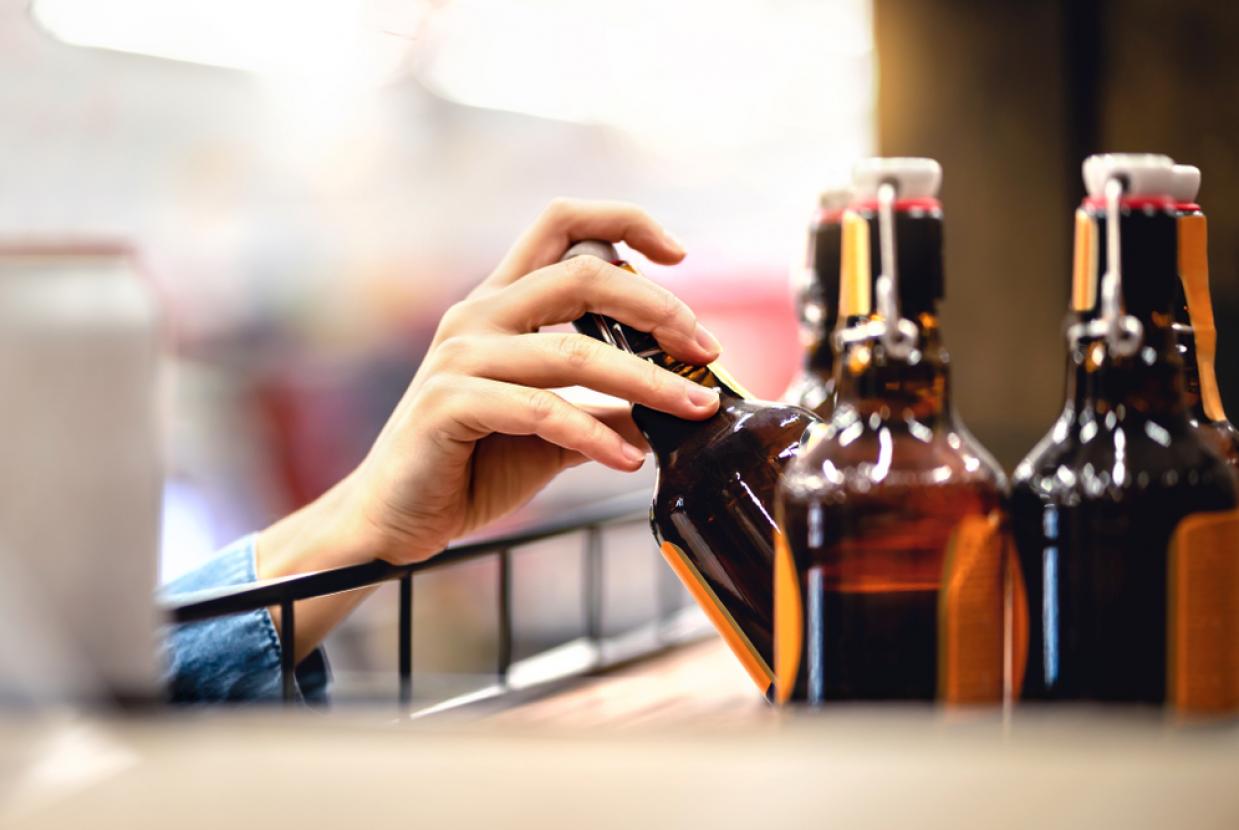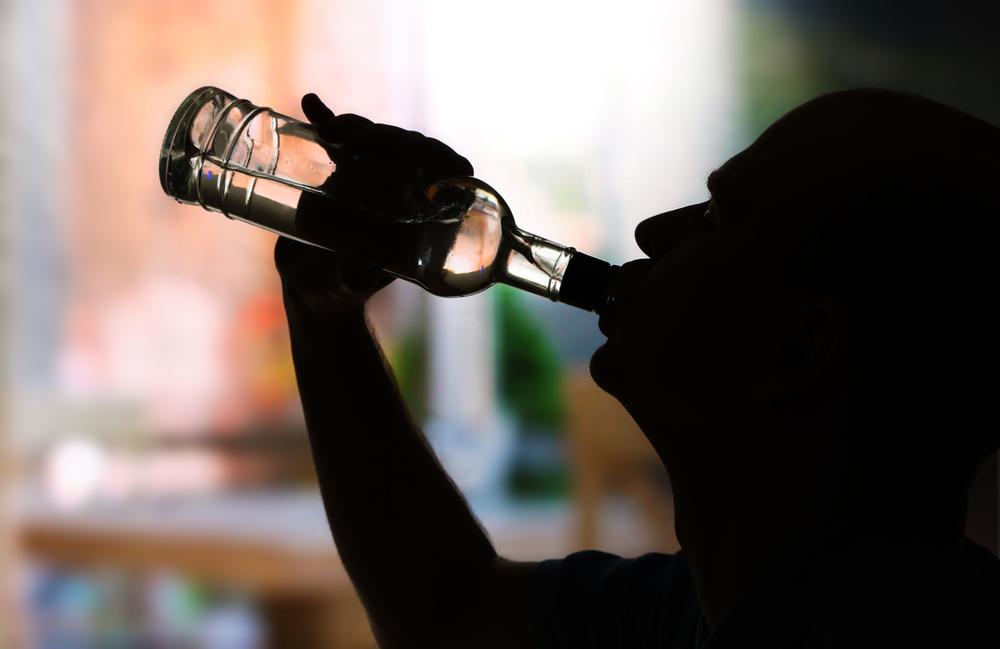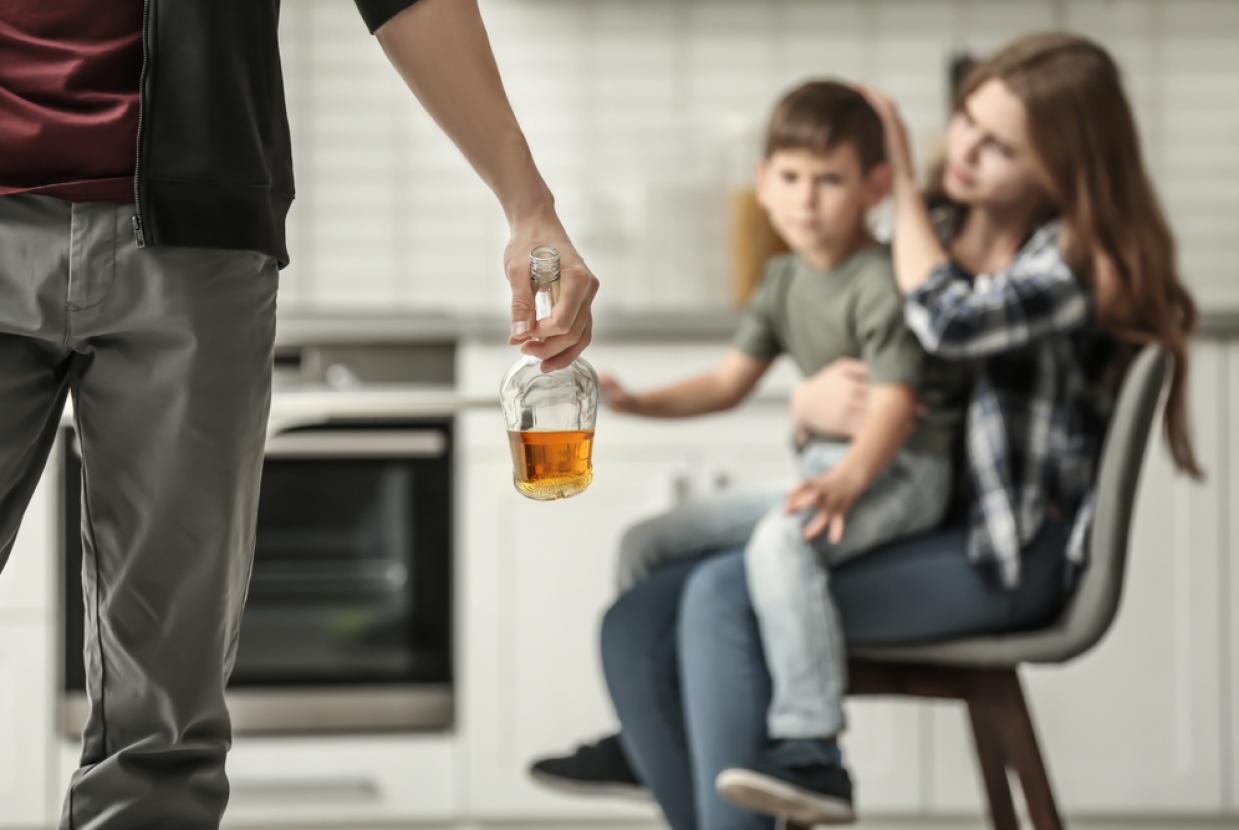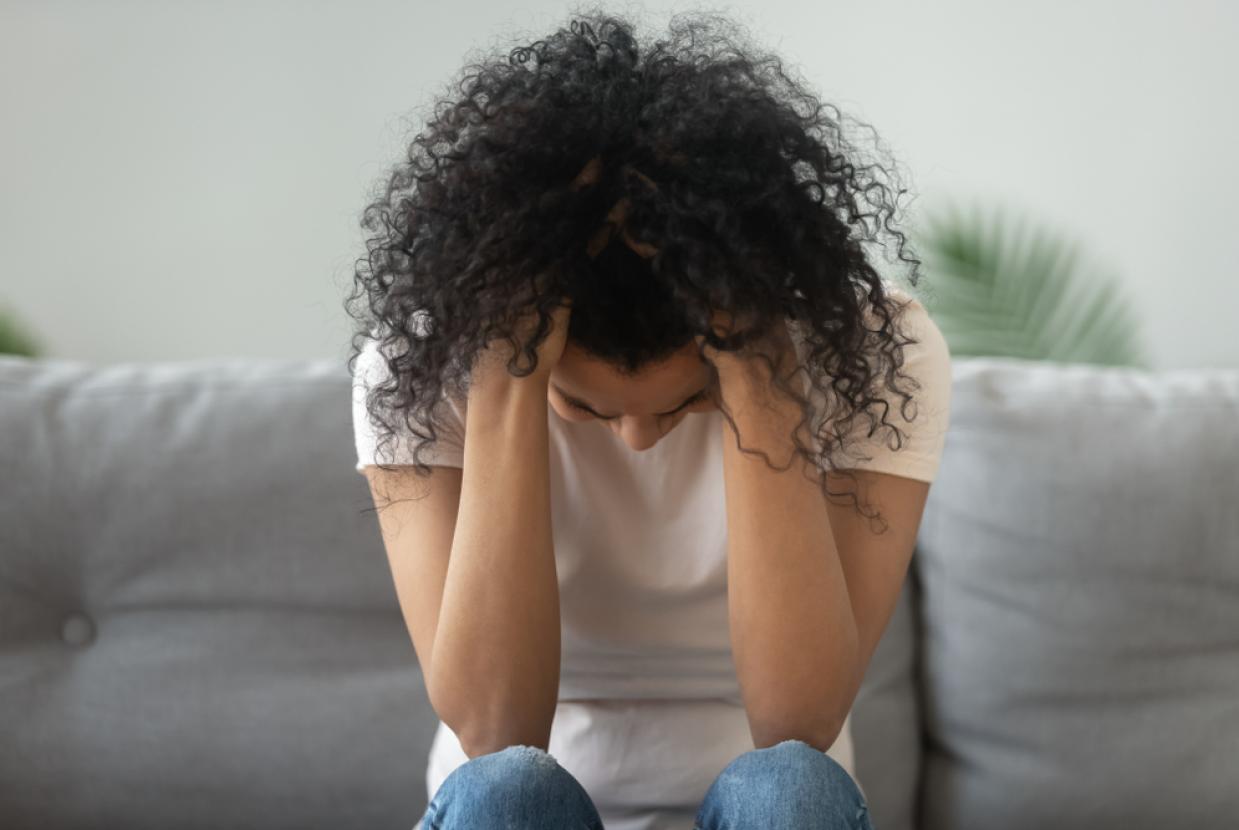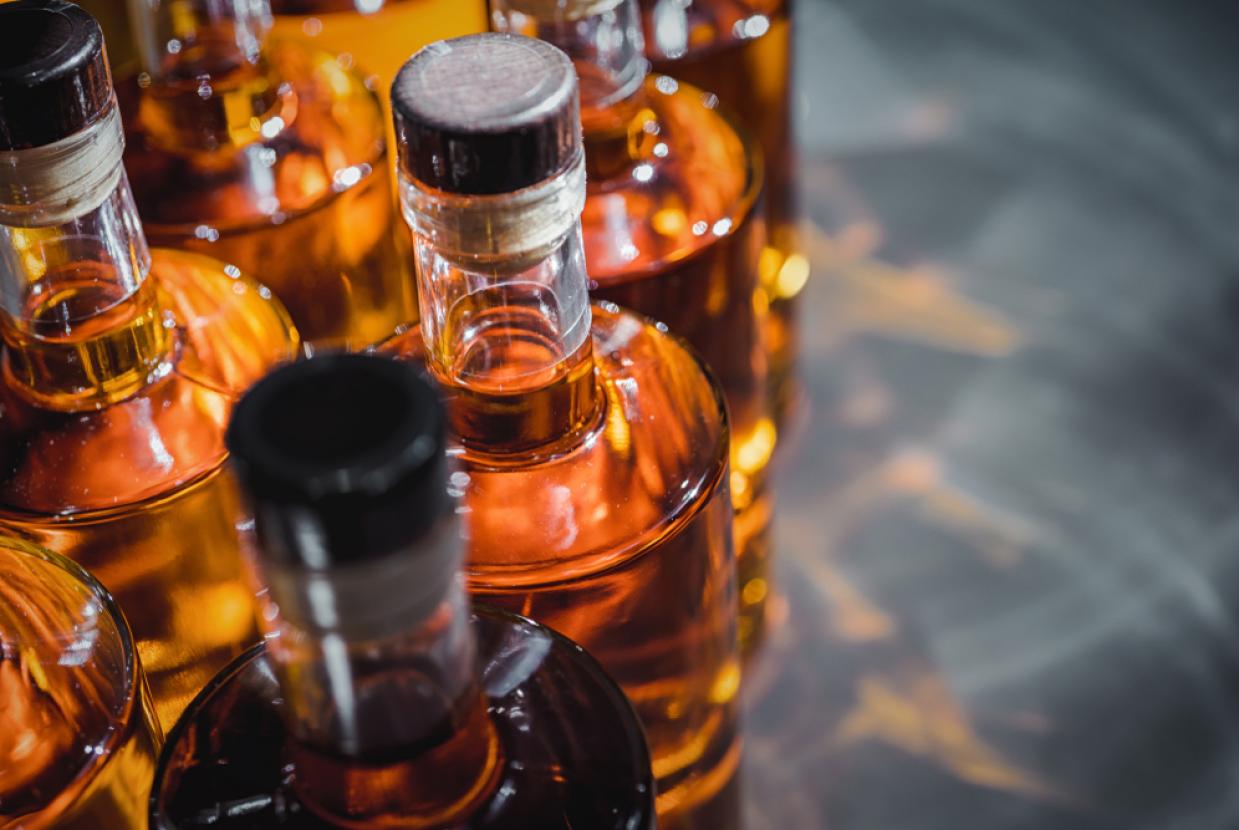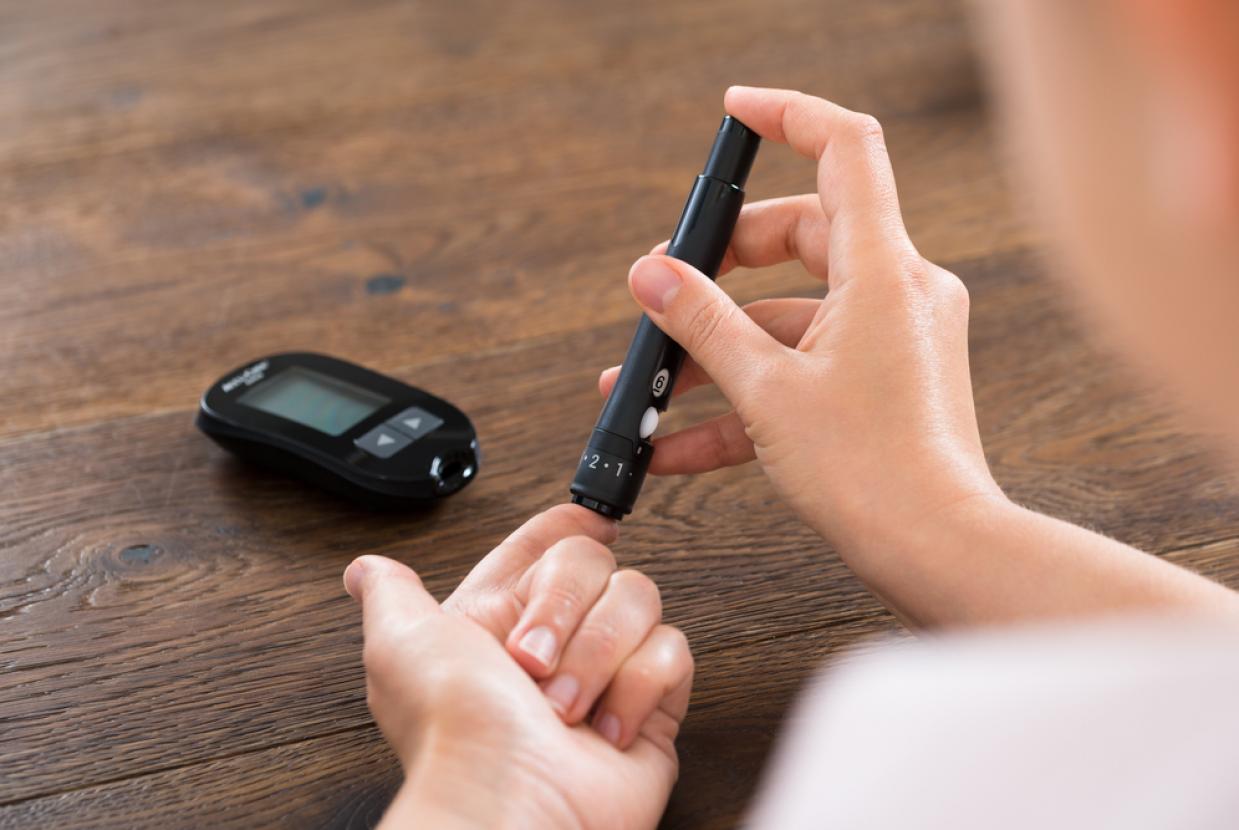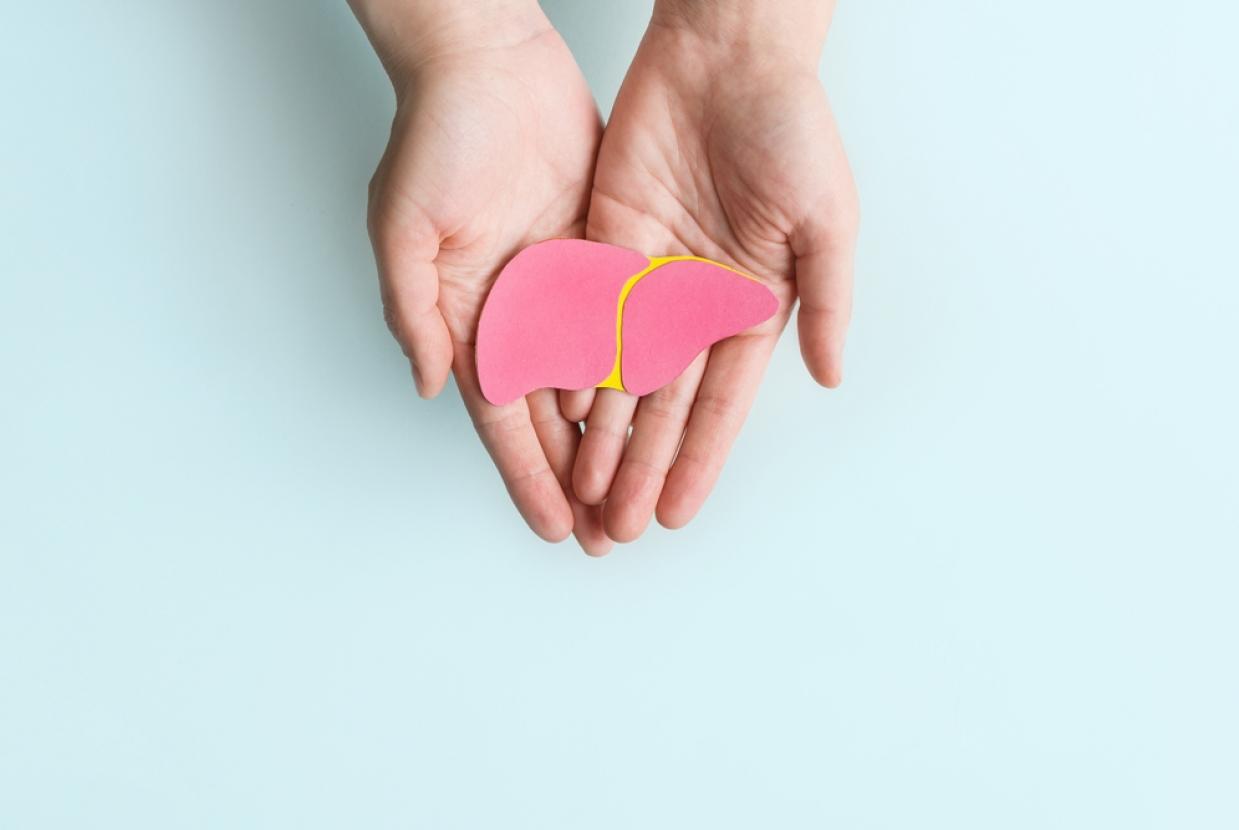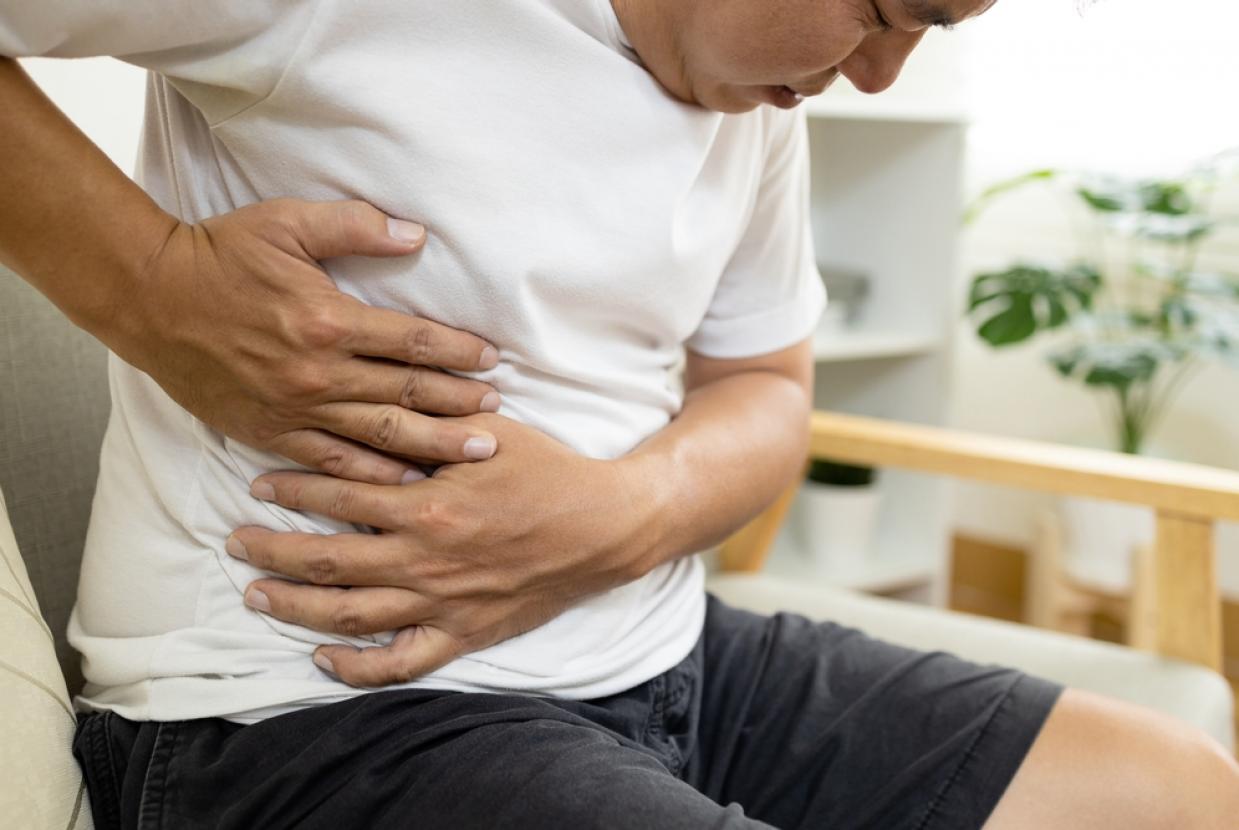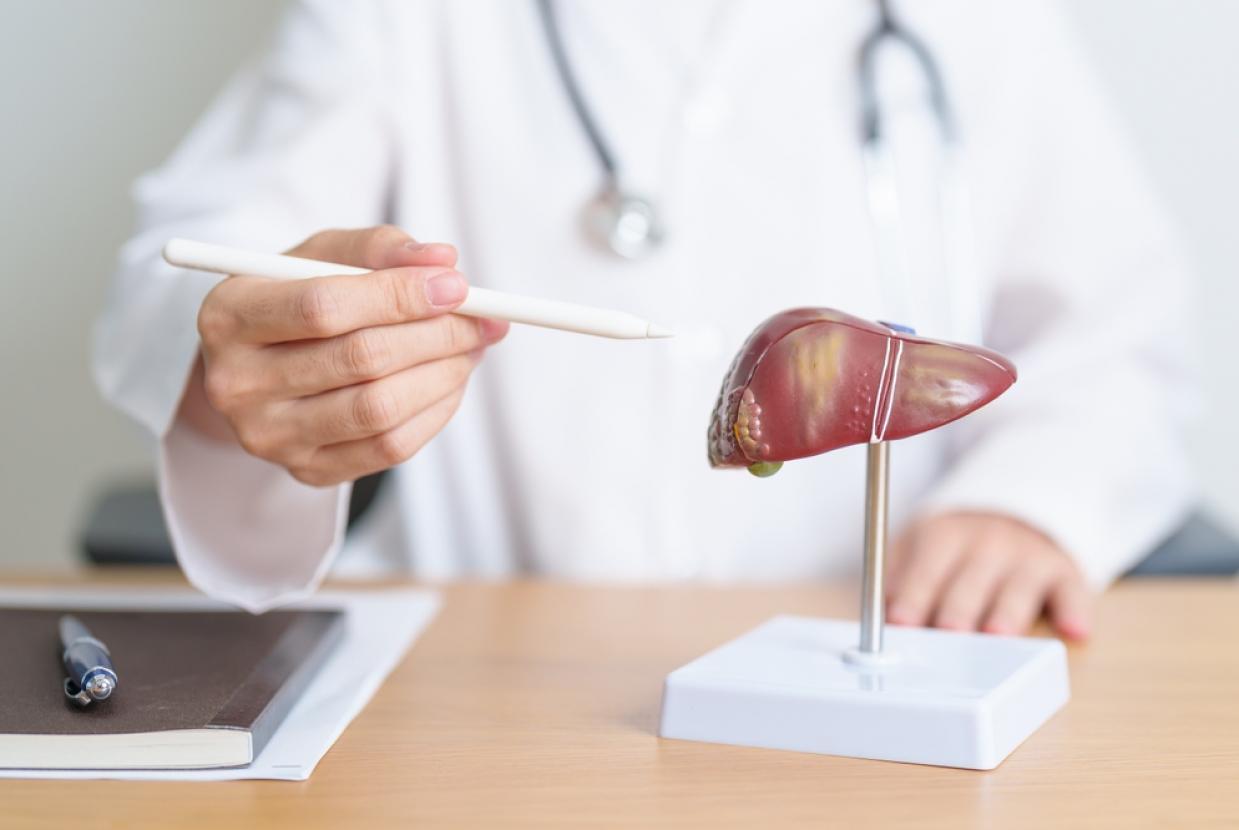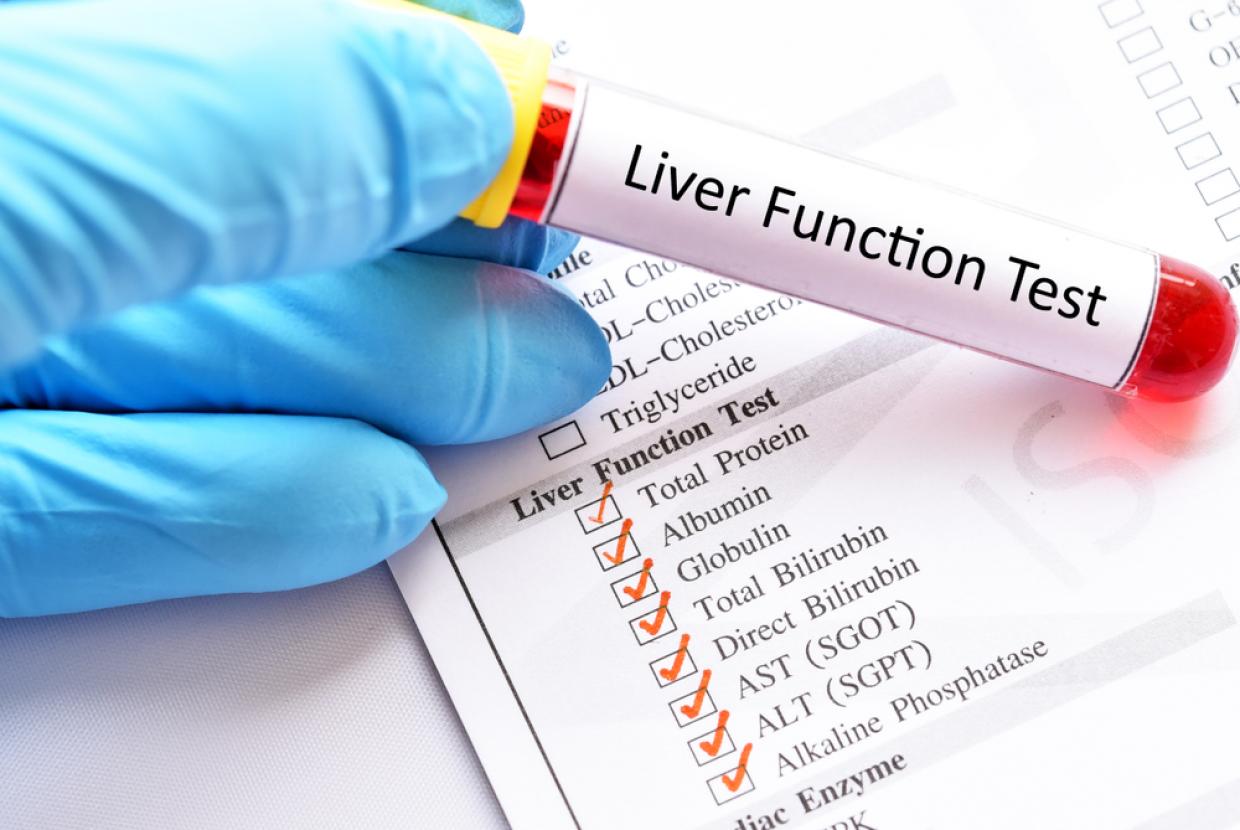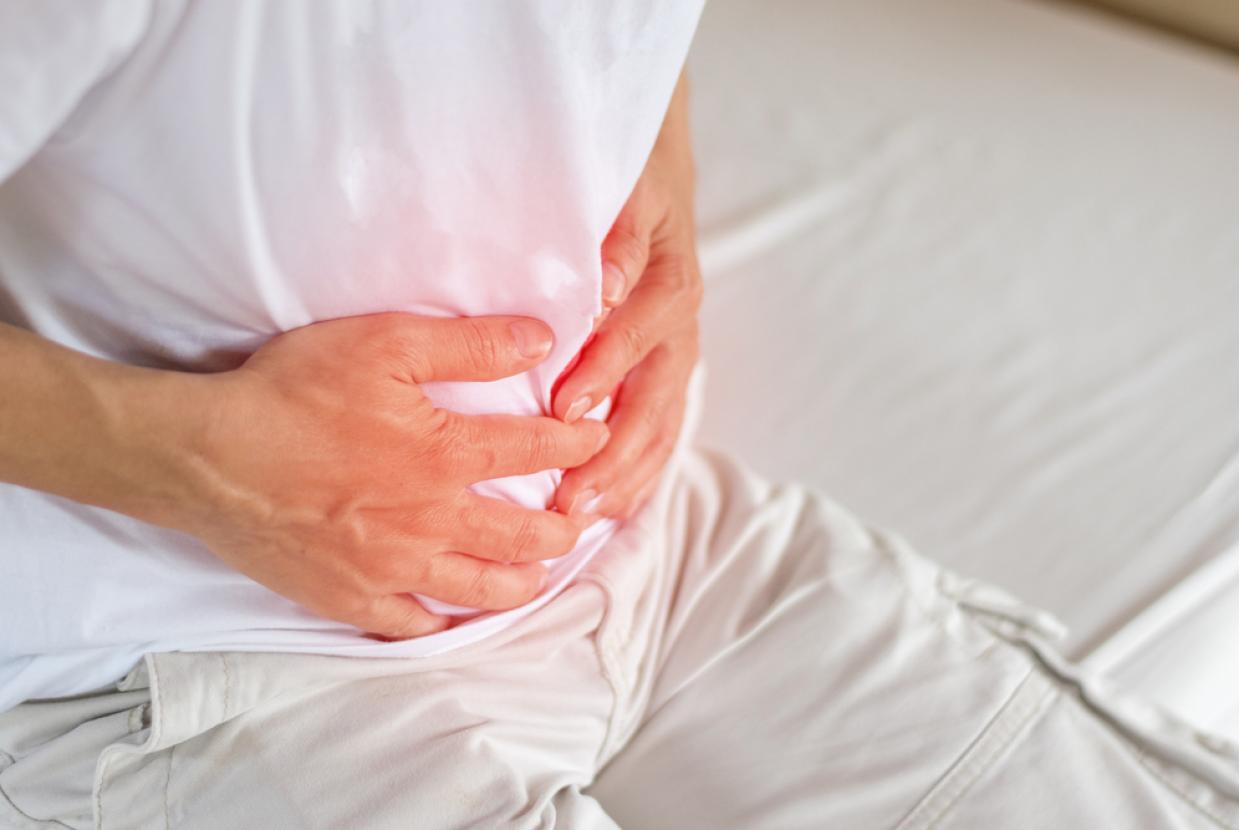The risks of drinking too much
Regularly drinking more than 14 units of alcohol a week risks damaging your health.
The recommended weekly limit of 14 units is equivalent to 6 pints of average-strength beer or 10 small glasses of low-strength wine.
New evidence around the health harms from regular drinking have emerged in recent years.
There's now a better understanding of the link between drinking and some illnesses, including a range of cancers.
The previously held position that some level of alcohol was good for the heart has been revised.
It's now thought that the evidence on a protective effect from moderate drinking is less strong than previously thought.
Low-risk drinking adviceTo keep health risks from alcohol to a low level if you drink most weeks:
- men and women are advised not to drink more than 14 units a week on a regular basis
- spread your drinking over 3 or more days if you regularly drink as much as 14 units a week
- if you want to cut down, try to have several drink-free days each week
If you're pregnant or think you could become pregnant, the safest approach is not to drink alcohol at all to keep risks to your baby to a minimum.
Find out more about pregnancy and alcohol
No 'safe' drinking levelIf you drink less than 14 units a week, this is considered low-risk drinking.
It's called "low risk" rather than "safe" because there's no safe drinking level.
The type of illnesses you can develop after 10 to 20 years of regularly drinking more than 14 units a week include:
- cancers of the mouth, throat and breast
- stroke
- heart disease
- liver disease
- brain damage
- damage to the nervous system
There's also evidence that regular drinking at high-risk levels can make your mental health worse.
Research has found strong links between alcohol misuse and self-harming, including suicide.
The effects of alcohol on your health will depend on how much you drink. The less you drink, the lower the health risks.
Read about alcohol units to work out how much alcohol there is in your drinks.
'Single session' drinkingDrinking too much too quickly on any single occasion can increase your risk of:
- accidents resulting in injury, causing death in some cases
- misjudging risky situations
- losing self-control, like having unprotected sex or getting involved in violence
To reduce your health risks on any single session:
- limit how much you drink
- drink more slowly
- drink with food
- alternate with water or non-alcoholic drinks


